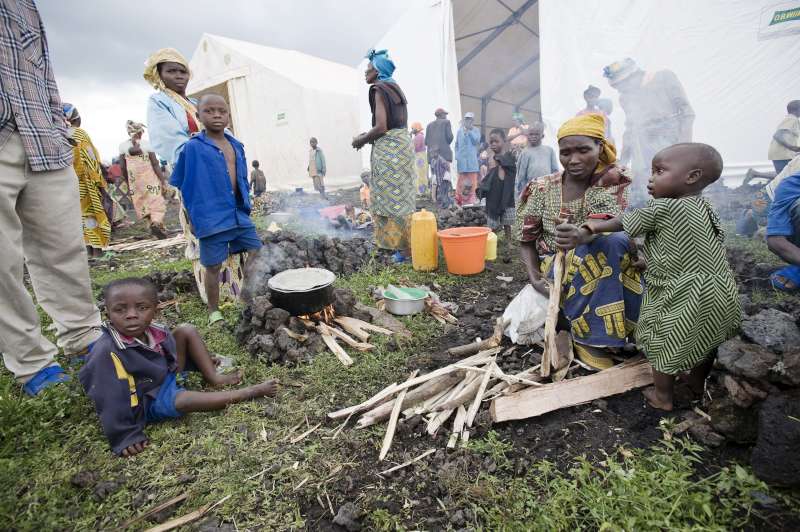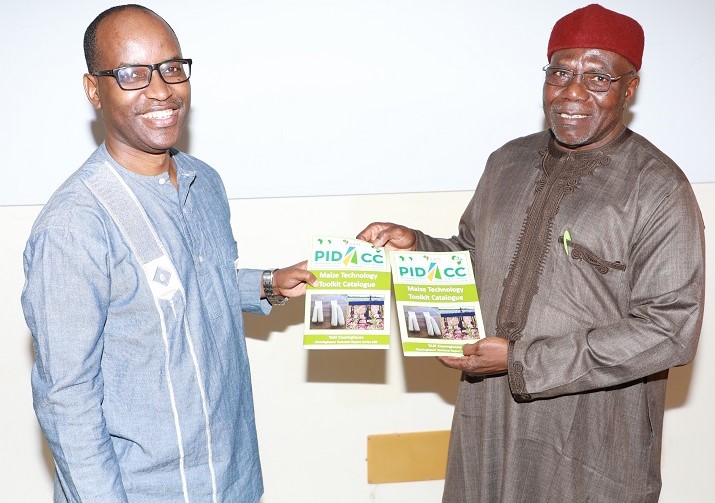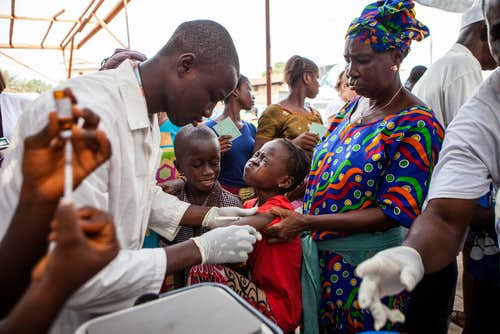
By Greg Odogwu
For the first time in the 70 years history of the United Nations, UN Secretary-General Ban Ki-moon has convened the World Humanitarian Summit (WHS), to take place in Istanbul from 23-24 May. This no doubt reflects the present condition of the world, which witnesses the highest level of human suffering since World War II.
The movement of millions of refugees from Syria to Europe and the humanitarian concerns it threw up, coupled with the already existing refugee conditions in conflict zones and poverty-ridden enclaves of Africa, it has finally dawned on world leaders that there could never be true global prosperity when the fabric that ties us together as a human civilization are eroded daily by naked human misery.
It is therefore inspiring that the UN scribe, as he convened the WHS, has called for humanity – people’s safety, dignity and the right to thrive – to be placed at the heart of global decision-making. In his call for action, he said stakeholders must act on five core responsibilities in order to deliver for humanity: Prevent and end conflict; respect rules of war; leave no one behind; work differently to end need; and invest in humanity.
It should be noted that the WHS is not an aspect of the World Humanitarian Day commemoration which comes up every 19th August. To be specific, the World Humanitarian Day is a day dedicated to recognize humanitarian personnel and those who have lost their lives working for humanitarian causes.
The Summit could not have come at a better time. The world needs some soul-searching. Last week’s media spectacle in Syria when a hospital was deliberately bombed, killing children, medics and patients, should rattle every human being. And, as if that was not enough heartrending, there followed another news flash showing the bombing of a refugee camp in another zone!
The way it stands today, human beings are about to lose that essence that makes us what we are as supposed special creatures. For, what would then make us different from animals when the world becomes a dog-eat-dog cage of bile and bonfire?
Yet, Ban Ki-moon has missed a vital point in his humanitarian crusade. He did not include the Safe Access to Fuel and Energy question in the upcoming WHS agenda.
Because of the centrality of energy in human survival, humanitarian interventions are always defined by the way it addresses energy provision for refugees. These people must cook or be cooked for. They must keep warm or be warmed. The ways these demands are met determine the success or failure of interventions. And not only that, it helps in tipping the time clock for further crises, especially the ones caused by climate change.
Despite its central place however, energy access is not included in the official WHS proceedings, nor the formal report the Secretary General released leading up to the event. This suggests that energy access is not yet among the top concerns of humanitarian responders and aid agencies at the policy level, despite its importance and applicability across multiple sectors and the recognition at the field level that it is critical for the health and well-being of displaced people.
The Global Alliance for Clean Cookstoves, a global platform for clean energy advocacy, first raised the concern through its specialized sub-group known as the Safe Access to Fuel and Energy Humanitarian Working Group, which works to advocate and build partnerships to increase energy access in humanitarian settings.
The WHS in Istanbul therefore becomes a prime opportunity to raise awareness about the critical need for energy access in humanitarian settings, as well as to increase the visibility of the SAFE Humanitarian Working Group as the central coordinating body for meeting these needs.
In Nigeria, last week in a media round-table, the Youth for Safe Energy Initiative, lent its voice to the call for this fundamental concern to be mainstreamed. YSEI is a group of young green entrepreneurs and advocates passionate about advocating and providing access to safe energy and fuel especially for internally displaced persons.
Happy Amos, Team Lead of YSEI observed that in the IDP camps in Nigeria, access to energy is a problem that is creating other problems which nobody seems to notice.
“When we visited IDP camps we saw women and young people barter their food rations in exchange for firewood. We also saw displaced people go into neighboring communities to cut down trees with which to cook. This of course is creating further environmental problems for the country. We also heard reports of women raped while in search of cooking fuel.
“We are saying that the government should consider energy efficiency in its intervention projects in order to save lives, save cost and save the environment. The little interventions we carried out by providing energy efficient cook stoves to IDPs had so much multiplier impacts that we are now convinced that the country would save so much and gain much by alleviating the pains of IDPs.
As NEMA attends the World Humanitarian Summit it should bring up these concerns to the world,” Amos said.
The Office of the United Nations High Commissioner for Refugees has more graphic data. Incidence of gender-based violence is more difficult to measure, but provides the most direct indicator with which to evaluate protection concerns and its relationship to energy access.
Incidence of gender-based violence during fuel collection according to UNHCR data snapshot includes the following.
In 2014 in Uganda’s Nakivale refugee camp, 41% of households reported incidences of violence during firewood collection in the past six months. The types of accident reported included confiscation of firewood (23%), beating (20%), bodily injury (12%), assault (10%), attempted rape (5%) and rape (4%).
In Ethiopia, 33% of refugee households reported one or more violent incidents in the past 12 months while collecting firewood, and 13.5% experienced rape, assault, or attempted rape.
In Chad, 42% of households reported incidents of assault, attempted rape, rape, or other forms of SGBV during firewood collected in the past six months. In Doro, South Sudan, 54% of refugee respondents reported incidents of violence against women in firewood collection places in Doro, South Sudan.
In 8 out of 13 focus group discussions with adolescent girls, incidents of physical and sexual assault were reported in firewood collection places. In Farchana refugee camp in Chad, 90% of confirmed rapes occurred when women left the camps in search of firewood.
It is my view that the high profile of WHS be used as a springboard to generate support for humanitarian energy access at the policy level, as well as to raise general awareness about its impacts on existing response sectors such as food security, protection, health, and nutrition.
Activists should keep asking questions about the efficiency of government intervention strategies in crisis areas. It is not just enough to raise funds and then go and waste it in unsustainable distribution models to IDPs. This is also an aspect of corruption that could easily turn humanitarian intervention projects into fiscal drainpipes.











